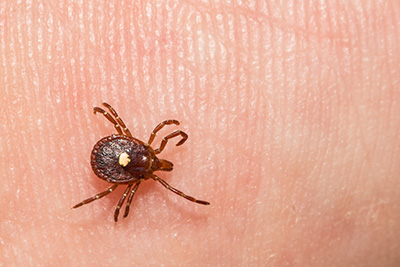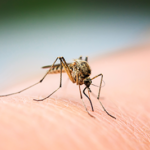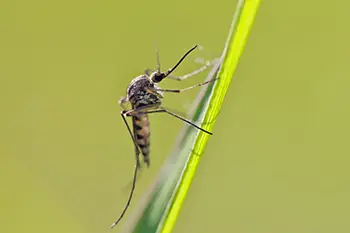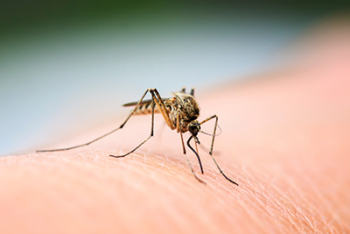
With all the beauties that New Jersey has to offer, one of the unfortunate realities includes the high risk of contracting Lyme Disease from a tick bite. Anyone living in the North Jersey area should be vigilant about ticks and tick bites as New Jersey has one of the highest rates of tick-borne illnesses in the nation.
Lyme Disease is a bacterial infection caused by being bitten by an infected tick. One of the primary characterizations of Lyme Disease includes a circular red rash that resembles a bullseye. The condition is primarily carried by the deer tick, which is native to the northeastern and mid-Atlantic states. Should a tick find its way onto your body and attach itself to you, there is a chance that you could become infected with Lyme Disease. The following article will cover some of the main points related to Lyme Disease.
Recent Outbreaks of Lyme Disease
Lyme Disease has been on the rise throughout the nation, with New Jersey being one of the leading states. In fact, ticks and Lyme Disease have become such an issue, that New Jersey politicians have introduced federal action to combat the tick population and boost investment in Lyme Disease treatment. Rates for Lyme Disease in New Jersey are five times greater than the national average, with 50 percent of cases occurring in June and July.
Symptoms of Lyme Disease include:
- A characteristic skin rash (erythema migrans)
- Joint pain
- Fever/sweats/chills
- Muscle aches
- Headache
- Fatigue
- Arthritis
- Neck Pain
If left untreated, the infection can spread to the joints, heart, and nervous system, leading to more severe health issues.
Why Lyme Disease Is on the Rise
Ticks and Lyme Disease have become a serious health concern for residents in New Jersey. In the past decade, the state has experienced two changes that have led to an increase in the tick population. First, warmer weather has created the ideal climate for ticks to thrive in. The EPA states that ticks are most active in temperatures that are consistently over 45 degrees. High humidity rates of over 85% also contribute to ideal tick reproduction. Second, ticks need a blood host to reproduce. Deer are the most common host for the deer tick, and over the years, the deer population has increased substantially, leading to more hosts of ticks to take advantage of.
Lyme Disease in North Jersey
In North Jersey, deer ticks are responsible for spreading tick-borne diseases, including Lyme Disease.
One of the best ways to ensure a complete recovery is to seek treatment as quickly as possible. The use of antibiotics typically results in a quick and full recovery from the infection. Those who are even in the late stages of the disease can see positive results with antibiotic treatment. Unfortunately, some individuals experience lifelong effects on their nervous system or joints. Some infected with the disease may also have ongoing fatigue, pain, or joint and muscle aches following the antibiotic treatment.
Eastern Pest Services understands the tick and Lyme Disease issue in North Jersey and has the expertise to target and eliminate tick populations.
The Best Way to Prevent Lyme Disease
Preventative measures are always encouraged to help keep ticks from making you their host. These methods include avoiding tall grass, carrying a tick remover, and wearing the right clothing. In addition, calling a tick control professional is one of the most effective ways to prevent ticks and Lyme Disease around your home.
Eastern Pest Services is available to eliminate ticks around your home and help mitigate cases of Lyme Disease in North Jersey. Contact us today for a free service quote and take the first step in protecting yourself and your loved ones from Lyme Disease.





